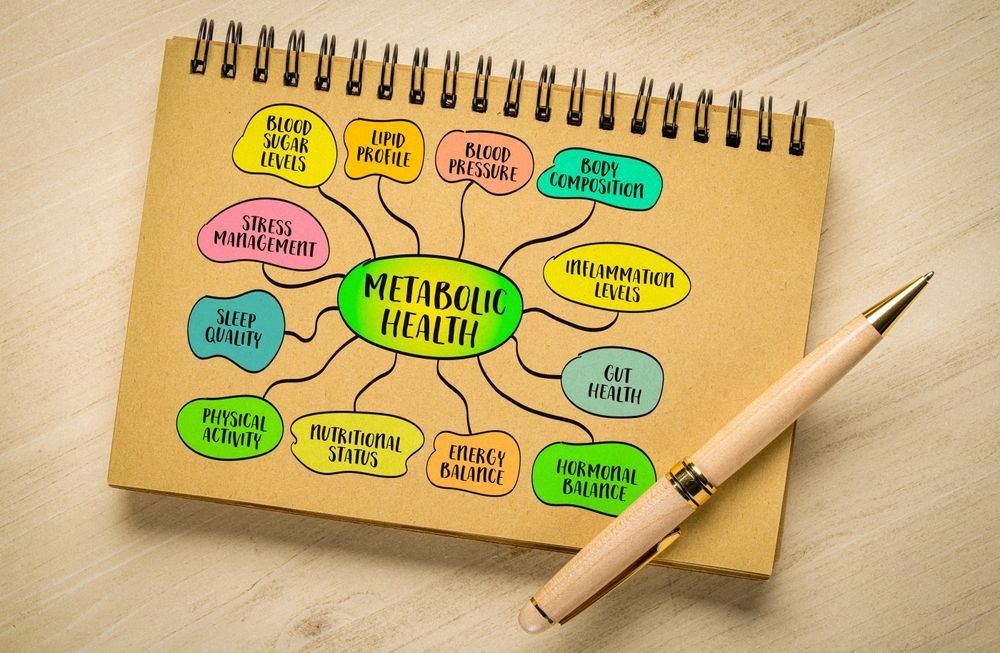Why IV Therapy is Ideal for Quick Hangover Recovery

Understanding the Science of Hangovers
Hangovers are often the consequence of a night of excessive drinking, leaving many individuals wondering why they suffer such uncomfortable after-effects. Understanding the science behind hangovers is essential in grasping why certain remedies, like IV therapy, can be effective.
The key factors contributing to hangovers include dehydration, toxic byproducts of alcohol metabolism, inflammatory responses, and nutritional deficiencies. When alcohol is consumed, it inhibits the secretion of an antidiuretic hormone, leading to increased urination and subsequent dehydration.
The Role of Dehydration in Hangovers
Dehydration is one of the primary culprits behind the unpleasant symptoms of a hangover. As the body expels fluids at an accelerated rate while drinking, vital electrolytes and water are lost. This fluid imbalance contributes to the headache, fatigue, and dizziness that many people experience the next day.
Furthermore, dehydration can intensify other hangover symptoms, such as nausea and irritability. By replenishing lost fluids and electrolytes swiftly, hangover recovery can be facilitated, which is where IV therapy shines.
How Alcohol Affects the Body
When alcohol is consumed, it undergoes metabolism in the liver, which produces acetic acid and acetaldehyde—substances that can be toxic in high concentrations. These byproducts are responsible for many hangover symptoms, including headaches, nausea, and general malaise.
Additionally, alcohol consumption can lead to an inflammatory response, which may aggravate the body’s systems and enhance the feeling of discomfort. The cumulative impact of dehydration and alcohol metabolism makes effective recovery mechanisms paramount.
The Basics of IV Therapy
IV therapy has gained popularity as a quick and effective remedy for various health issues, including hangovers. Unlike traditional oral rehydration methods, IV therapy delivers fluids, vitamins, and minerals directly into the bloodstream, providing rapid relief.
This method bypasses the digestive system, allowing for immediate absorption, which is especially advantageous when the body is struggling to retain fluids due to dehydration.
What is IV Therapy?
IV therapy, or intravenous therapy, is a medical technique that involves the administration of fluids directly into a person's vein. This technique is frequently used in hospitals and clinics to treat dehydration, nutrient deficiencies, and even chronic illnesses.
For hangover recovery, IV therapy can include a mixture of saline solution along with vitamins such as B12 and C, electrolytes, and other nutrients aimed at alleviating the symptoms of hangovers efficiently.
The Process of IV Therapy
The IV therapy process typically begins with a consultation, where a medical professional assesses the patient’s needs and selects an appropriate blend of fluids and nutrients. Following this initial assessment, a sterile IV line is inserted into a vein, generally in the arm.
The entire procedure usually takes about 30-60 minutes, during which the patient relaxes while the solution is administered. Many individuals report feeling significant relief shortly after the treatment begins, as the body starts to rehydrate and receive vital nutrients.
IV Therapy for Hangover Recovery
In addressing hangovers, IV therapy specifically targets the symptoms related to dehydration and nutrient depletion, offering a fast-track solution for recovery.
How IV Therapy Addresses Dehydration
As noted earlier, dehydration is a significant factor in the discomfort associated with hangovers. IV therapy effectively combats this by delivering essential fluids directly to the bloodstream. The saline solution replenishes lost water and electrolytes, which are crucial for maintaining physiological balance in the body.
As a result, patients often experience rapid alleviation of symptoms like dry mouth, headaches, and lethargy, making IV therapy an appealing option for those looking for quick relief.
Nutrients and Vitamins in IV Therapy
Beyond just hydration, IV therapy often includes a cocktail of vitamins and nutrients that play critical roles in recovery. For example, vitamin B complex can enhance energy levels and improve mental clarity, while vitamin C can aid in detoxification.
- Vitamin B12: Boosts energy and supports mental function.
- Vitamin C: Acts as an antioxidant and aids in detoxification.
- Electrolytes: Help in restoring fluid balance and preventing cramps.
This combination of fluids and nutrients ensures a holistic approach to hangover recovery, addressing both the immediate symptoms and underlying deficiencies.
Comparing IV Therapy to Other Hangover Remedies
Hangover remedies range from traditional home remedies to over-the-counter solutions. Understanding how IV therapy stacks up against these options can help individuals make informed choices about their recovery strategies.
Traditional Hangover Remedies
Traditional hangover remedies may include drinking water, consuming foods high in carbohydrates, or opting for caffeine. While these methods can provide some relief, they often take time to work and may not sufficiently address dehydration or nutrient depletion.
Moreover, many individuals struggle with nausea or lack of appetite after a night of drinking, making oral remedies less effective. In contrast, IV therapy offers immediate relief without the need to ingest anything orally.
The Effectiveness of IV Therapy
IV therapy stands out in terms of effectiveness due to its rapid administration and direct absorption. Studies have shown that individuals who undergo IV therapy can experience significant symptom relief within just a short period, often feeling revitalized much faster than with traditional methods.
This quick turnaround makes IV therapy particularly appealing for those who cannot afford to be sidelined by a hangover associated with busy schedules or important commitments the following day.
Safety and Side Effects of IV Therapy
While IV therapy is generally considered safe for most individuals, it is essential to be aware of potential risks and to proceed with caution. Consulting a medical professional is recommended before undergoing treatment.
Potential Risks of IV Therapy
Some potential risks associated with IV therapy include infection at the insertion site, allergic reactions to the administered substances, and the possibility of vein irritation. However, these risks are minimal when the procedure is performed in a sterile environment by a qualified healthcare professional.
Precautions to Take with IV Therapy
To ensure a safe experience, individuals should ensure they are treated by certified practitioners and disclose any medical conditions or medications they are currently taking. This precaution is crucial to avoid adverse reactions and to tailor the IV blend to best suit individual needs.
In conclusion, IV therapy presents a promising option for quick hangover recovery, providing both hydration and essential nutrients efficiently. With its ability to deliver rapid relief, it’s no wonder more individuals are opting for this modern remedy after a night of indulgence.










